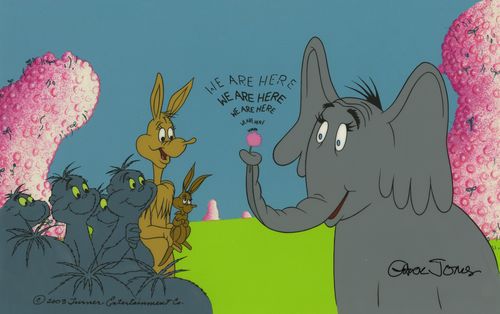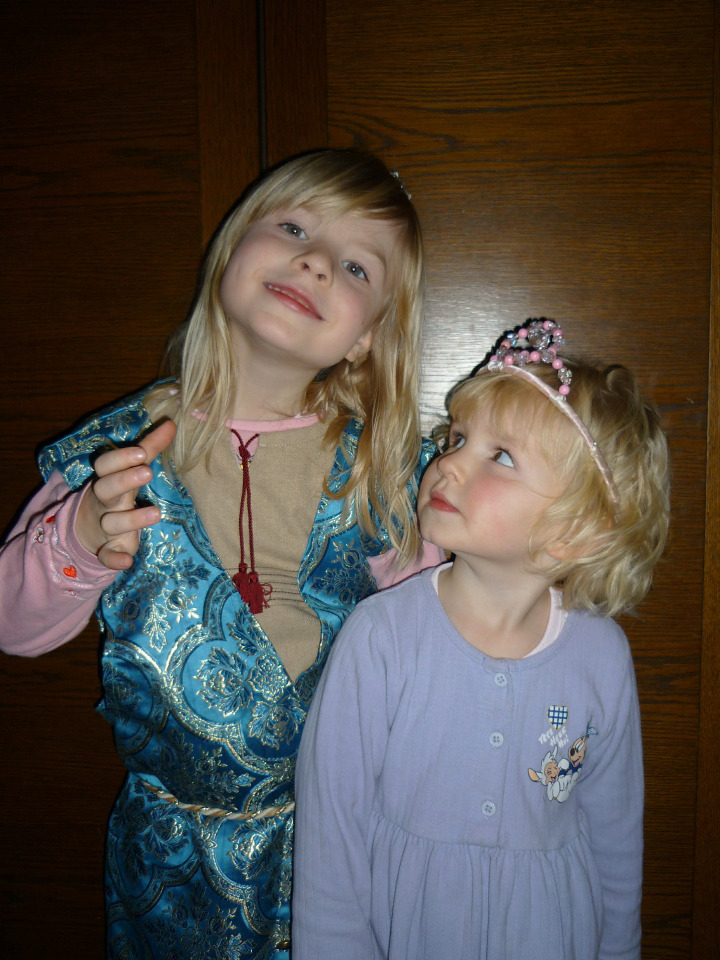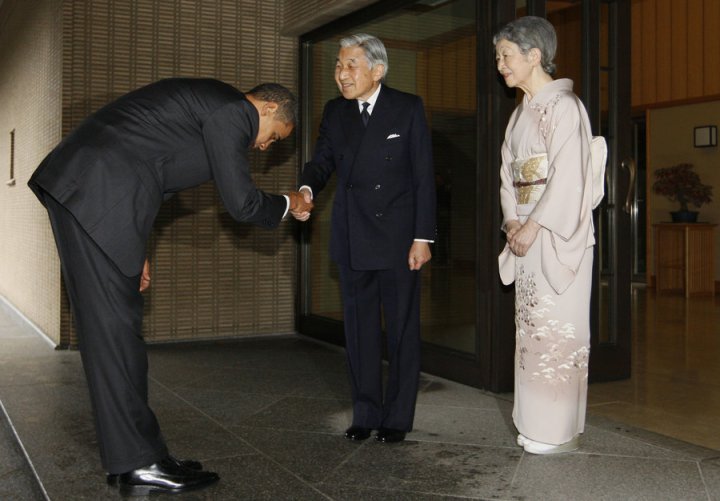I’ve some posts in the works that will pull together many of the disparate themes I talk about in this blog and introduce some new ones—from the MBTI to TPD and activism to life in this Digital Gilded Age. (Wheee! Ideational synergy!) Before we get there, though, it struck me that it’d help to write a post that grounds one of my mental launching points.
So: today we revisit that pesky G-word, what I mean by it, what various others mean by it, and how Japanese would be better equipped to handle this linguistic mess.
If you’re not a professional in gifted education, you may not be aware of the fight over the term “gifted” that’s being waged between two factions with competing educational ideologies. On one side we have academics who want to shift the focus to a product-centered talent development model; on the other are those who prefer a child-centered personal growth, according to two of my favorite voices in the gifted community, Stephanie Tolan and Michael Piechowski, in a chapter in Off the Charts: Asynchrony and the Gifted Child (2013). They’re responding to a monograph by Rena F. Subotnik, Paula Olszewski-Kubilius, and Frank C. Worrell, in which the authors assert that giftedness must necessarily be connected to adult eminence; otherwise, an adult has no claim to talk about “giftedness.”
I confess I’ve not yet dissected the entire monograph, so I’ll limit my comments to their definition and and how it relates to the reasons I talk about giftedness (though I have concerns that run deeper than what I’ll post today). But it strikes me that redefining “gifted” to mean “eminent” seems to mean that, more than ever, labeling a kid as gifted would officially mean “more likely than the other kids to be eminent some day, and a failure if they haven’t lived up to this by age 24 or so.” I note again that I haven’t read the full monograph and am sharing my first-blush response, but hey, first-blush responses are pretty important. Here is the background from the monograph:
In 2003, Subotnik commented on the surprise she had felt a decade before at realizing that graduates of an elite program for high-IQ children had not made unique contributions to society beyond what might be expected from their family SES and the high-quality education they received (see Subotnik, Kassan, et al., 1993), and posed the following question to readers: “Can gifted children grown up claim to be gifted adults without displaying markers of distinction associated with their abilities?” (Subotnik, 2003, p. 14). Several years later, Subotnik and Rickoff (2010) contended that the answer is no: (a) Gifted children need to become eminent producers to be labeled gifted as adults. (Subotnik, Olszewski-Kubilius, and Worrell, 2011, p. 23).
Subotnik et al also disregard the idea that the experience of those labeled gifted is at all different, which further suggests that there’s no need to pay attention to adults who have ever been given this label. On this note, I’m with noted gifted educator Annemarie Roeper, and Stephanie Tolan and Michael Piechowski, and Paula Prober, whose counseling practice focuses on the unique experiences of gifted adults and who coined the term “rainforest mind,” and all those others who have observed directly and repeatedly that there is something different here worth naming and talking about. It is close to indisputable to me that there is a real lived experience shared by many people who are so labeled. To be sure, the gifted are a diverse population, and it would be interesting to dig into the various subgroups from among all those who score high on IQ tests. But my discovery of the “rainforest mind” concept has most definitely helped me make sense of and overcome challenges in my life—not merely as a child, but as an adult. And I’m far from the only one.

And I for one certainly have no claim to the eminence that Ms. Subotnik thought her gifted students ought to achieve. So I’m concerned that, if this new definition takes hold, it’s going to be harder and harder to talk about the experiences of this group, because we non-eminent people won’t have a term we can Google and stumble across others talking about eerily similar lived experiences. And those who could benefit in the way I did will not. Instead they’ll be lost, like my dad was.
★
I’m not a credentialed expert, but from my reading and experience, I’ve come to suspect that IQ tests are far from an ideal measure of that broad and multifaceted thing we call “intelligence”; while at the same time, IQ does seem to measure one flavor or aspect of it that is perhaps especially significant to distinguishing between the broader contingent of intelligent people and this neurodivergent subgroup, with brains are particularly adept at precisely what those early tests were able to measure, with certain implications. I’ve a post in the works that will dive more deeply into that; for now it will suffice to direct you to glance over the variety of definitions that the experts have come up with, to see how varied “intelligence” really is.
So, even if we’re no longer dubbed “gifted,” the population with this sort of mental wiring still needs to be named.

Others have proposed some good ones: there’s Paula’s rainforest mind, as I mentioned earlier, and there’s asynchronous, which also suits a real purpose, especially for parents who are trying to describe the struggles of raising children of this sort without sounding like they’re bragging.
If someone asked me, I’d propose the term abstract-intensive as a nice neutral term that gets at the substance of what I see as essential to the population of which I speak. We are abstracters, theorizers, ideators, and connection-makers—and we do these things (and most other things) intensely. This is the source of both our strengths and our weaknesses.
And to be sure, I do agree with Subotnik and Company when they argue that being empowered to fully develop one’s potential is definitely in line with the focus on quality of life that is at the heart of the personal growth model of giftedness. But as Tolan and Piechowski wisely point out,
It may be critical to note that among the high achievers in the past, some whose creative contributions changed the world were not recognized as talented. They were instead seen—as children and some of them well into adulthood—as bizarre, odd, difficult, or crazy. Only after their asynchrony produced something useful were they recognized as “genius.” (p.15)
So it seems self-evident that we need educational and social environments that allow abstract-intensive kids (and adults!) to grow and develop. This will have the effect of both empowering those among us who will eventually make eminent contributions, and helping the vast majority who will never be eminent to still make their best contributions. Actual astronomers will find it much easier to identify potential real supernovae than would teachers who seek to pick potential figurative supernovae from a crowd of star students, that’s for sure. And what about the kids who aren’t identified for this program? Are they precluded from eminence? Certainly one need not be an abstract-intensive to be eminent!

★
The problem with naming this population isn’t going to be resolved with one very non-eminent blogger’s post, though, so I still have to find some way to use all these words to convey what I mean.
Which brings me to a thought that I had, based on my study of the Japanese language. See, in Japanese, there’s this thing called keigo 敬語, or honorific language. The expression of honor and humility are so important in Japanese society that they’ve got three levels of speech to express it: ordinary speech, honorific (sonkeigo 尊敬語) to refer to those with higher social status, and humble (kenjougo 謙譲語), to refer to yourself in a way that puts yourself on a lower plane of status. For example, we US Pavilion Guides at the 2005 World Expo in Nagoya would use the sonkeigo goran ni naru ご覧になる to ask our honorable pavilion guests to look at an exhibit; and when we were going through passport control at the airport, the humble officer would use the kenjougo haiken suru 拝見する even though he was actually demanding to see our passports. Those both mean “to see/look at,” even though the ordinary form you’ll learn in your textbook for “to see/look at” is miru 見る. Yeah, Japanese is fun.
So it struck me that when I say “weird-brained” (as I often do when I want to talk this concept), I’m using a form of kenjougo. Even without adding eminence to the definition, we have the instinct to treat “gifted” as sonkeigo, and in Japanese, you’d never use sonkeigo to refer to yourself. That’s why most of us are so uncomfortable applying it to ourselves, and why I and others have tried to develop alternatives.
Running further with this analogy, “rainforest mind” is a little like adding -chan (an affectionate, familiar suffix), “asynchronous” is a little like -kun (used for those who are equal or inferior to you, as with a teacher to a student), and “abstract-intensive” is just a normal polite form.
“Eminent,” of course, would only make sense for a wholly different level of person, just like -sama. Beginning Japanese learners sometimes want to use it for people they respect, but this generally sounds quite silly, unless you’re hanging out with the Emperor.
Which, come to think of it, isn’t that dissimilar from the way some are proposing to use the G-word.
 President Obama hanging out with the Emperor and Empress
President Obama hanging out with the Emperor and Empress
Please share this post!
- More





